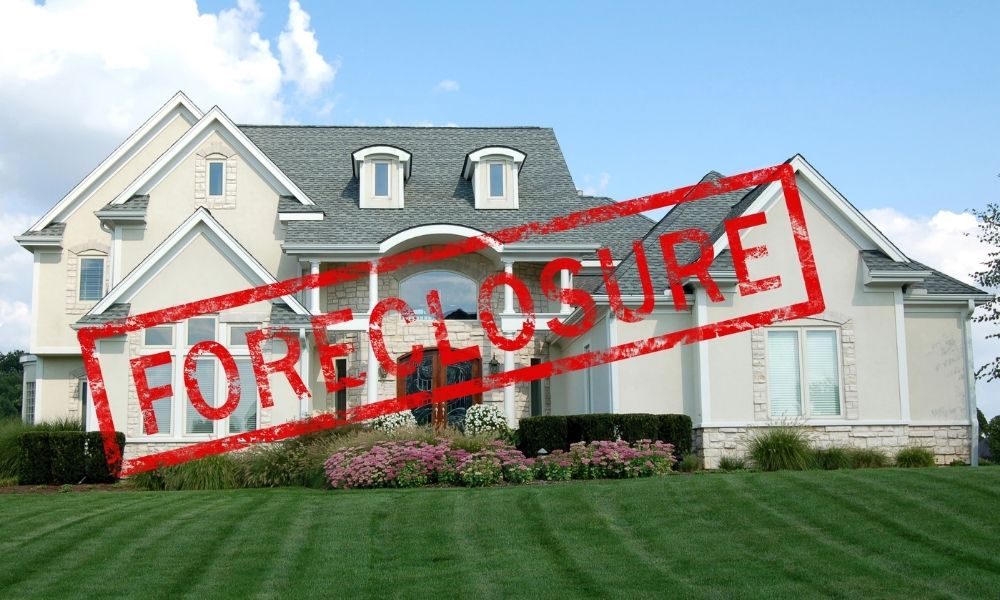A foreclosure on a home occurs when the owner has stopped making payments to the lender. This forces a legal process to take place so that the lender can recover the balance of the loan. The process begins approximately 3 to 6 months after the first missed mortgage payment. Keep in mind that late fees may be charged if the owner misses a payment, even if they’re experiencing financial hardship. Once the account goes into default, foreclosure may begin, and all parties must be notified within a specific time period.
Although the foreclosure process may have a negative tone for all parties, it’s important to understand the three types of foreclosures every property investor should know.
Judicial Foreclosure
All states allow judicial foreclosure, but some states require it. A judicial foreclosure involves the lender filing a claim with the system, sending notice to the owner asking for payment. If the owner doesn’t make the payment within 30 days, the home is sold at auction to the highest bidder.
However, while you can purchase a foreclosed home through auction as a property investor, a certain risk comes along with foreclosed homes. It’s important to be aware that many auction properties don’t allow for home inspections or even in-person viewings of the interior. This means you may be purchasing a property with high-cost repairs, renovations, and upgrades that may cause a loss of profit. So be sure to understand the proper auction rules and know what you’re going into before taking the next step.
Additionally, although many hard money lenders in Oklahoma City assist property investors with their real estate needs, they may not be able to help you purchase an auction property.
Power of Sale
A power of sale foreclosure is a bit similar, as the property goes to a public auction if the owner doesn’t make their payment. Many states allow this type of foreclosure if the mortgage includes a power of sale section. An important difference, however, is that instead of the local sheriff’s office carrying out the auction—as it would with a judicial foreclosure—the mortgage company itself moves the public auction forward. Keep in mind that a power of sale foreclosure has the potential to be reviewed to determine if it’s more closely related to a judicial foreclosure.
Strict Foreclosure
Only a few states allow strict foreclosures. This process includes a lender filing a lawsuit against the owner once the account has reached default status. If the homeowner cannot pay the required amount demanded by the court, the property returns to the mortgage lender. Remember that a strict foreclosure can only occur if the debt amount is higher than the property value.
The three types of foreclosures every property investor should know is critical for understanding the many factors that go into property investment. As you gain more experience, you’ll find what works for your business and what doesn’t.




